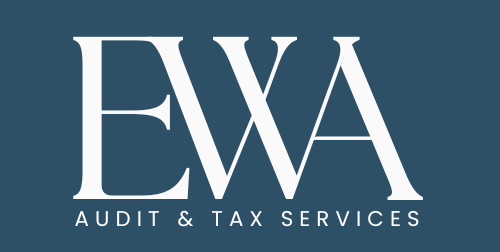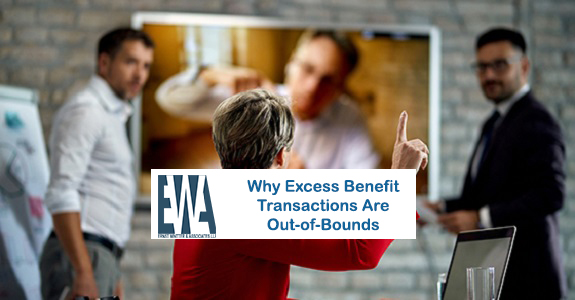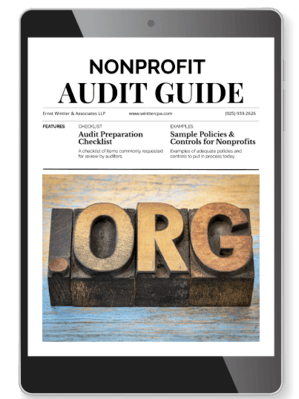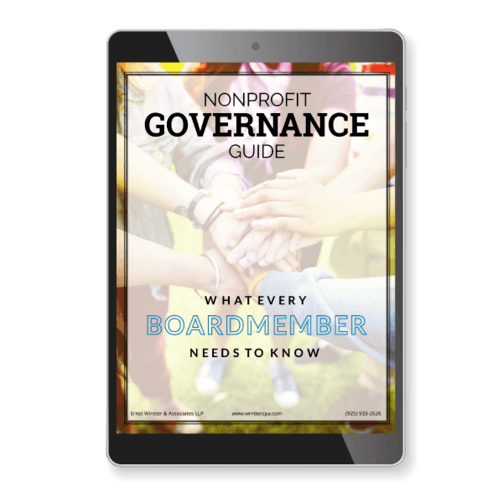As a long-time dedicated board member of her city’s most recognized social-services charity, Emily violated an IRS rule that prohibits excess benefit transactions. The social-services charity wanted to purchase land from Emily at a price that was valued higher than nearby properties. Although Emily made just a small profit, the IRS initiated an investigation concerning the sweetheart deal. Navigate tax-exempt waters with confidence. Uncover insights into excess benefit transactions, ensuring compliance and transparency for your organization’s financial health.
Overview of Excess Benefit Transactions
The leaders of certain tax-exempt, nonprofit organizations need to scrutinize transactions that do not produce excess benefits. IRS guidelines define excess benefits as a transaction completed by an insider who receives an unjustified payment or a below-market rate of interest on a loan. Another example of an insider benefiting from a transaction involves paying rent that is valued below the market price for similar real estate.
Who Qualifies as an Insider?
Also referred to as a disqualified person, an insider of a nonprofit organization is someone “in a position to exercise substantial influence over the affairs of the organization” during the past five years. Examples of an insider include voting board members and executives such as a director of marketing.
In addition to members of a nonprofit organization who exercise significant influence over the operation of the nonprofit, the law defines family members as insiders, as well as businesses in which a nonprofit influencer has more than a 35 percent financial interest. This means that transactions involving those individuals or entities must be carefully reviewed for compliance.
Even indirect influence—such as exerting pressure over decision-makers or benefiting from privileged access to financial information—can raise red flags. Failure to properly identify and monitor insider activity can result in penalties, including excise taxes and potential revocation of the organization’s tax-exempt status. Understanding who qualifies as an insider is essential to maintaining transparency, avoiding conflicts of interest, strengthening governance, and protecting the reputation and long-term sustainability of the nonprofit.
Closely Monitor Insider Transactions – Excess Benefit Transactions
Federal law defines a private benefit, otherwise known as private inurement, in one of two ways. First, a private benefit represents a transaction that goes beyond what is considered to be reasonable compensation for selling goods or selling services. Second, a private benefit is a transaction for products and/or services that do not qualify for a tax exemption. If any of your net earnings benefit you and not your nonprofit organization, then as an insider, you violated the IRS definition of furthering the mission of your nonprofit.
Prioritizing common interests can prevent the revocation of your nonprofit’s non-exempt tax status.
What Does Intermediate Sanctions Mean?
The IRS applies intermediate sanctions that represent a first-tier excise tax equal to 25 percent of the value of an excess benefit. If an insider profits from a transaction not related to the mission of a nonprofit organization, the insider must pay the 25 percent first-tier excise tax. Failure to address an excess benefit by the end of the calendar year might result in a second-tier excise tax that is valued at 200 percent of the excess benefit. Once again, the insider who profits from a transaction not related to a nonprofit organization’s mission must pay the second-tier excise tax.
Remember Your Nonprofit’s Mission
The excess benefit transaction rule does not apply to every financial transaction. An insider can receive compensation from a nonprofit if the compensation is directly related to the operation of the nonprofit organization. For every transaction your nonprofit considers, determine whether the transaction benefits the nonprofit or an insider.
Ernst Wintter & Associates provides California nonprofit audits, broker dealer audits, tax services, and 401(K) audit services. Contact us for more information.








